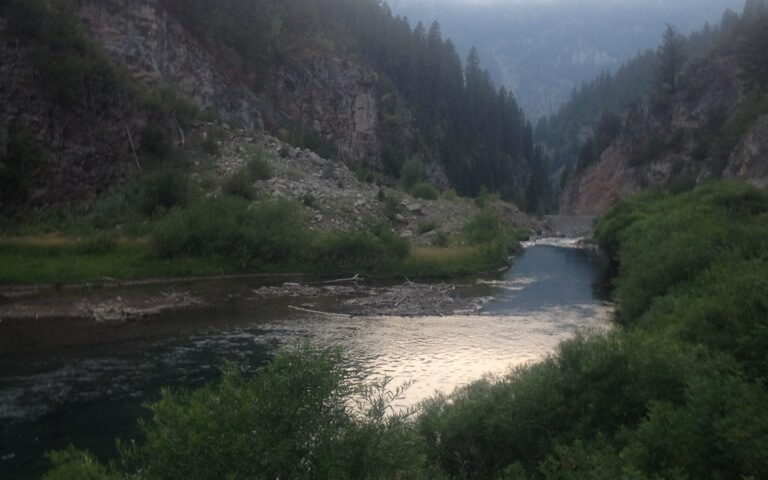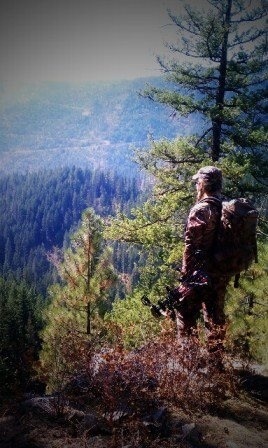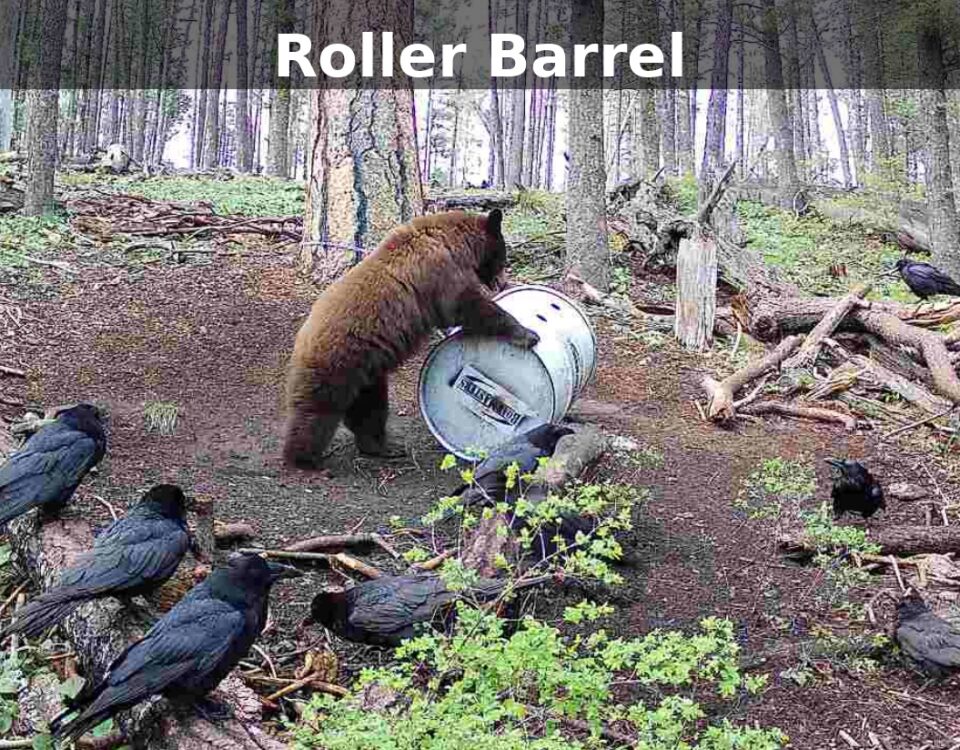BoarMasters Bear Attractants and baits in Action!
April 19, 2013Attention Montana Bear Hunters
April 22, 2013First and foremost before I even get in to hunting alone I want everyone to know that almost any safety advocate would advise against going hunting alone. Hunting with a partner is best practice. Remember the old theory two heads are better than one? But with all that being said there are many hunters, like me, who enjoy hunting alone and do it often. And there are also times where if I waited for someone to go hunting with me I would miss my season! If this describes you too, here are some things to think about with the upcoming seasons just around the corner!
Let’s deal with the fact that you are ALONE. Do not take off on an overnight backcountry hunt if you have never even gone hiking alone. Take short trips to get started. You must get comfortable in the woods as being alone out in the wilderness can play games on a persons mind and can cloud your common sense. Go take a wilderness survival class and a first-aid class, and learn map navigation, etc. Also you cannot rely on your cell phone and we all know how dependent we all are on our cell phones nowadays! You might get service here and there with a cell phone but a Global Positioning Satellite (GPS) unit is invaluable for getting around the woods effectively and minimizing the chance of getting lost. Keep in mind though that these too don’t always work well; especially, when you are in heavily timbered areas at the bottom of canyons. I also encourage using a unit that can also transmit brief messages to friends and family. Simple messages like “I’m okay” or “Send help” can be very beneficial. SPOT Satellite GPS Messenger is definitely one to check in to (http://www.findmespot.com). But remember that these devices can break and batteries can die, so I also recommend carrying (and knowing how to use) a compass and topographical map of the area you are hunting in.
Before you even go out the door, start a list of needed items to pack and put together a detailed written itinerary and leave it with someone you trust with your life. It’s helpful to make a copy of a map of your hunt area and use a highlighter to show where you will park, hike, camp, or generally be hunting. Do not deviate from this! The person at home with the map will not know that you took off 4 miles to the east after the bull elk of your dreams! If you have done pre-season scouting leave different GPS Coordinates as those can help in an emergency as well. In the margin somewhere on your map, write down the make, model and license plate number of your vehicle, the time for your return, and phone numbers for the State Police, Search and Rescue, and/or closest Forest Service office to where you will be hunting. I also take a copy of this and leave on the dashboard of my car or tape to the inside of the window once I park. This way others who might come across my car know that I am in there and if my car is still there past my return date that there could be a problem! Another thing is let’s say you get that bull elk of your dreams on the ground… elk are not small, and if you should be lucky enough to shoot one, it’s going to take you and several other people to get it out! They need to know where to go to meet up with you and help you out.
Next, your clothing, boots, and backpack are critical. Dress in layers; think in terms of managing your body heat and avoiding moisture. Your base layer should be hydrophobic and move moisture away from your skin, mid-layers should insulate and allow an on-the-go adjustment, and the outer layer should be wind-resistant and, ideally, water-repellent. I like to include a vest and beanie in my pack no matter what. I also carry extra socks and gloves. Remember when you are in the backcountry conditions can change in an instant and you must be prepared!
Think about your physical condition. Make sure you have been exercising and are in good physical shape. It may seem obvious, but I’ll say it anyway…hunters with heart or breathing problems, or other critical diseases, shouldn’t be in the field alone. Be hyper-vigilant of any medical conditions that, if not treated, will get you stuck in a difficult situation. You’ll want to carry any medications you need with you, and keep them where you can get them as quickly as you may need them. If you are allergic to bee stings, carry an EpiPen or something like it. If you’re asthmatic, keep your inhalers in a front pocket, so you won’t find yourself struggling to breathe and remove a backpack at the same time. Additionally, be careful about overexerting, and don’t let your ego push you into a problem.
Finally, in the event you do get stuck in the woods, make sure you carry an adequate survival kit. The ability to build a fire is paramount, as is having tools for shelter construction (knives/saws), collecting and purifying water (water purification tabs are awesome so you don’t have all the added weight in your pack) food, and signaling search parties. Hunting during the early spring and fall/winter months usually means a shortage of daylight too, so plan accordingly by keeping a flashlight and headlamp close at hand so you don’t have to dig for it. Also have signaling devices close at hand such as a whistle, cell phone, or other items we’ve already addressed (I carry them in a plastic bag in backpack to protect from moisture). And don’t forget a back up weapon. Where I primarily archery hunt I always carry a pistol with me and have it easily accessible.
With these tips, it can be fun and safe for you as well as very empowering. I treasure the time alone in the woods as it’s my sanctuary! With the right planning and preparation you could be setting yourself up for a lifetime of fun and excitement! Make sure you learn how to use the self timer on your camera so you can capture all the memories too! HAPPY HUNTING!
Written by BoarMasters Prostaffer
Sara Lamson.
http://saralamsonhuntress.blog.com/
Remember to always be alert and careful when carrying hunting scents and attractants while hunting,hiking, or camping. All predators and game animals are un-predictable.




1 Comment
have hunted 40 plus years…many close calls,but survived them….90% alone on all hunts,because of time to match with others schedule….I will add to your advice..slips,trips and falls,always use walking aids,2 legs and a stick…many falls snow and ice,nearly over a cliff…also,hydration ,,so very important,closest I ever came was dehydration…bad weather can smoke you…..make shelter 2 hrs before dark…..massive amount firewood…don’t leave timber or water….I also hunt almost exclusively with Chesapeake retriever as companion when alone….plb or emergency beacon to satellite always on me now…go slow!!!!